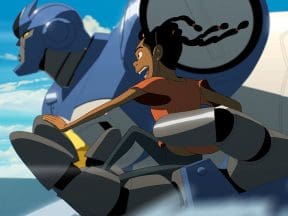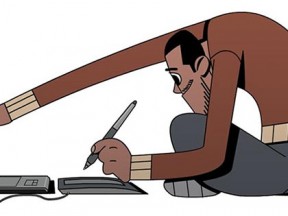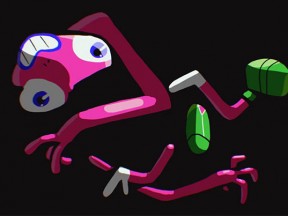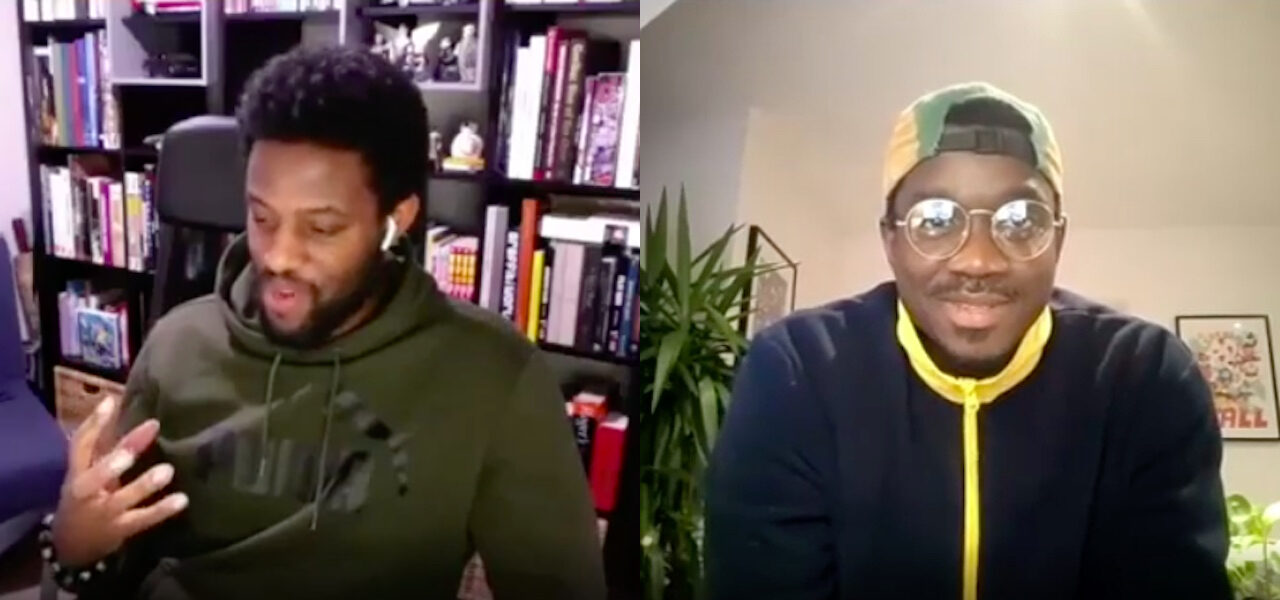
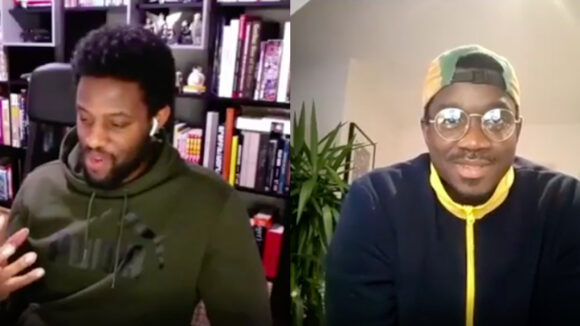
The Challenges Of Being Black In The Animation Industry (Video Discussion)
How does racism manifest in animation? Renewed attention is being given to the issues black people face in the industry. A good example of the growing debate is this Instagram chat hosted by London-based animation studio The Line.
The conversation is led by The Line co-founder Wesley Louis and London-based director/animator/storyboard artist Mohamed Fadera. Speaking to other Line co-founders, Tim McCourt and Bjorn-Erik Aschim, Louis and Fadera speak candidly about the obstacles they see around them — and within themselves. Watch the video below:
An extended two-hour version of the conversation can be viewed below:
While Louis recognizes the importance of showing “black people being murdered or in chains” in culture, he believes that overexposure to such violent images can “[damage you] psychologically.” He also admits that he himself used to draw black men in an “unflattering” way — aggressive, ugly — but changed approach on the suggestion of a friend, and now tries to promote a more positive view of black people. (See his philosophy in action in his short film The Mighty Grand Piton.)
He and Fadera both worry that black artists are held to higher standards than their white counterparts, and they find themselves falling into the same trap. As Louis explains, he sometimes looks at black colleagues as if they’re “representing all of us. So it’s almost like, if he messes up, I’m like, ‘Agh … no!’ There’s so little of us, you can’t drop the ball.”
The pair also agree that there is a need for more characters with not just black skin, but also plotlines that reflect black people’s experiences. Louis observes that there’s no sense in just making Superman black: if a black Clark Kent lived in Kansas, he’d face racism, which would skew the whole story. To create meaningful black characters, Fadera adds, you need black writers on the show.
In its Instagram post, The Line pledged to donate all proceeds from its digital products sold this year to charities combating racism and inequality. “In the long term,” it continues, “we’ll be looking at how we as a company can be more inclusive and will update you on what we’re planning to do to make a meaningful difference.”

.png)
